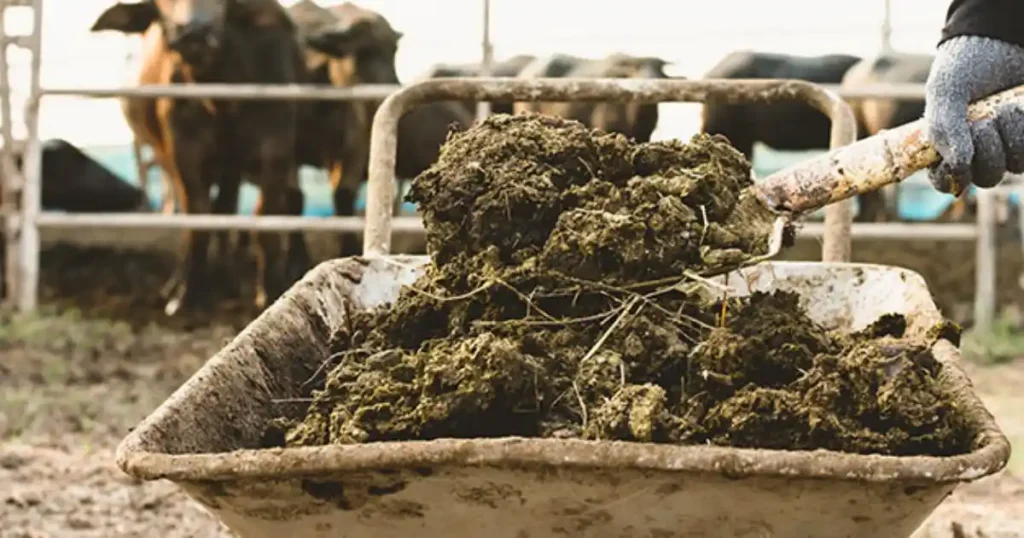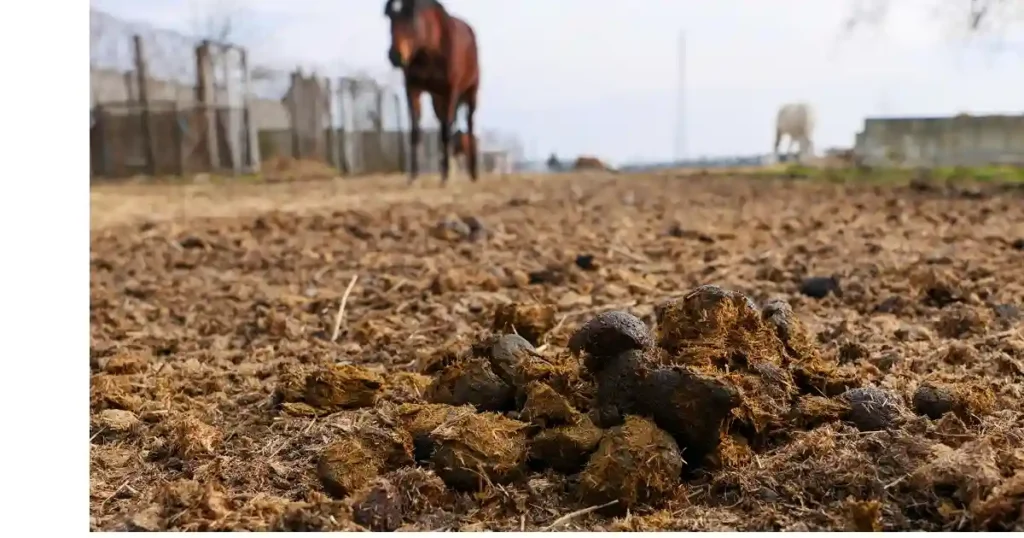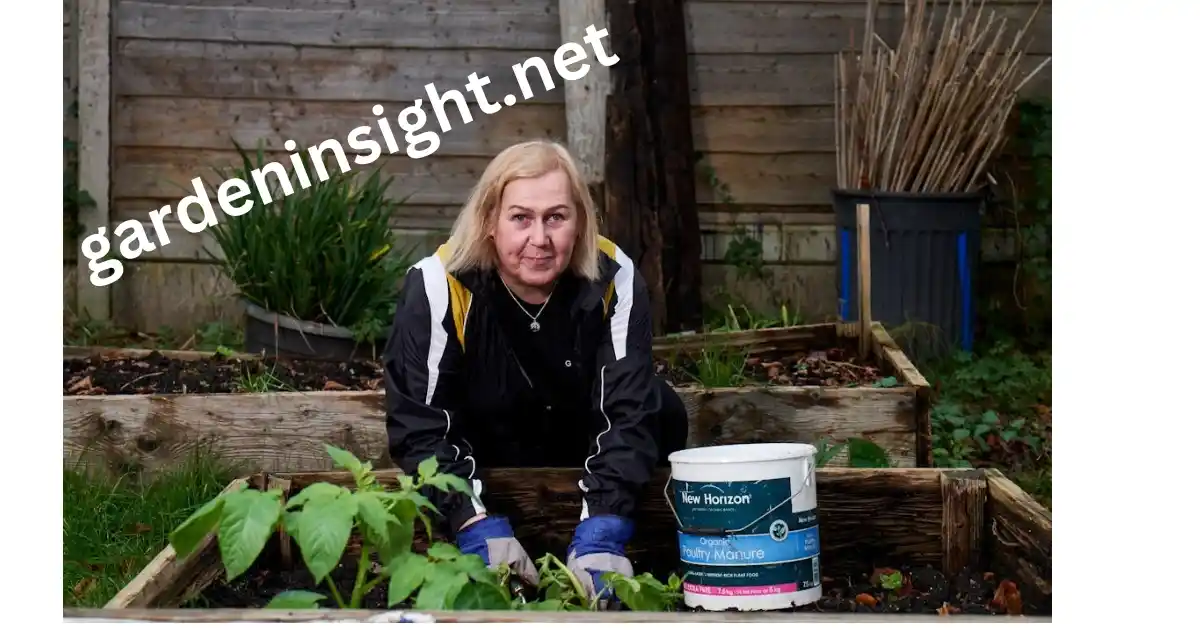Manure has been a cornerstone of soil fertility for centuries. Rich in organic matter and essential nutrients, it can significantly boost your vegetable garden’s health and productivity. But with various types of dung available, it can be confusing to determine the best choice for your needs. This comprehensive guide explores the world of dung, helping you make informed decisions for a thriving vegetable garden.
Understanding the Benefits of Manure

Dung offers a multitude of benefits for your vegetable garden, enhancing soil health and promoting vigorous plant growth.
How Manure Improves Your Soil
- Adds Organic Matter: Dung enriches the soil with organic matter, improving its structure, water retention, and drainage.
- Provides Essential Nutrients: Dung delivers a balanced supply of nitrogen, phosphorus, and potassium, crucial for plant growth.
- Enhances Microbial Activity: Dung stimulates beneficial microbial activity in the soil, improving nutrient cycling and disease suppression.
- Increases Water Retention: Dung helps sandy soils retain moisture and improves drainage in clay soils.
- Reduces the Need for Chemical Fertilizers: Dung provides a natural alternative to synthetic fertilizers, promoting sustainable gardening practices.
Types of Manure for Vegetable Gardens

Various animal dung can be used in your vegetable garden, each with its own characteristics and nutrient profile.
Common Manure Choices
- Cow Dung: Readily available and well-balanced, cow dung is a popular choice for vegetable gardens. It’s relatively low in nitrogen and high in organic matter.
- Chicken Dung: High in nitrogen, chicken dung provides a potent boost for leafy green vegetables. However, it should be well-composted to avoid burning plants.
- Horse Dung: Horse dung is a good all-purpose option, often mixed with bedding materials like straw, adding organic matter to your soil.
- Sheep Dung: Sheep dung is drier and less potent than other types, making it a gentle option for vegetable gardens.
- Rabbit Dung: Rabbit dung is a nutrient-rich option that can be applied directly to the garden without composting.
Choosing the Right Manure
The best dung for your vegetable garden depends on factors like your soil type, the specific vegetables you’re growing, and the dung’s availability.
| Dung Type | Nutrient Content | Best Use |
|---|---|---|
| Cow dung | Balanced, low in nitrogen | General purpose, improving soil structure |
| Chicken dung | High in nitrogen | Leafy greens, heavy feeders |
| Horse dung | Moderate nutrients, high in organic matter | General purpose, adding organic matter |
| Sheep dung | Gentle, low in nitrogen | Root vegetables, sensitive plants |
| Rabbit dung | High in nutrients | Direct application, all-purpose |
How to Use Manure in a Vegetable Garden

Proper application of dung is essential to maximize its benefits and prevent potential issues.
Applying Manure to Your Garden
- Composted Dung: Always use well-composted dung to avoid burning plants and introducing pathogens.
- Application Timing: The best time to apply dung to vegetable garden is in the fall or spring before planting.
- Application Methods: Spread a layer of composted dung over the soil surface and incorporate it into the top few inches.
- Watering: Water the soil thoroughly after applying dung to help it integrate and prevent nutrient runoff.
No-Dig Gardening with Manure
No-dig gardening is a popular technique that minimizes soil disturbance and relies heavily on organic matter like dung.
Benefits of No-Dig Gardening
- Improved Soil Structure: Dung helps create a loose, fertile soil structure without tilling.
- Reduced Weed Growth: The layer of dung acts as a mulch, suppressing weed growth.
- Enhanced Water Retention: Dung improves the soil’s ability to hold moisture.
- Increased Microbial Activity: No-dig gardening promotes a healthy soil ecosystem.
How to Make Manure Compost at Home
Composting dung is a valuable way to transform raw dung into a safe and nutrient-rich soil amendment.
Creating Your Compost Pile
- Choose a Location: Select a well-drained area with access to water.
- Gather Materials: Combine dung with carbon-rich materials like leaves, straw, or wood chips.
- Build the Pile: Layer the materials in a ratio of approximately 1:1 (dung to carbon).
- Maintain Moisture: Keep the pile consistently moist but not soggy.
- Turn the Pile: Turn the pile regularly to aerate it and speed up decomposition.
Best Time to Apply Manure to Vegetable Garden
The optimal time to apply manure depends on your climate and gardening practices.
Seasonal Considerations
- What dung is best for vegetable garden in winter season? In colder climates, apply well-composted dung in the fall to allow it to break down over winter.
- What dung is best for vegetable garden in summer season? In warmer climates, you can apply composted dung in the spring before planting or as a side-dressing during the growing season.
Old Manure vs. Fresh Manure for Vegetable Gardens
Understanding the difference between old and fresh dung is crucial for successful gardening.
Why Use Old Manure?
- Reduced Risk of Burning Plants: Fresh dung is high in nitrogen and can burn plant roots. Old dung has lower nitrogen levels.
- Less Weed Seed Contamination: Old dung is less likely to contain viable weed seeds.
- Improved Soil Structure: Old dung has already begun to decompose, contributing to better soil structure.
Conclusion
Choosing the best dung for your vegetable garden involves considering various factors, including dung type, application methods, and seasonal timing. By understanding the benefits of dung and following the guidelines outlined in this article, you can harness the power of this natural soil amendment to create a thriving and productive vegetable garden.
Whether you choose cow dung for its balanced nutrients, chicken dung for its nitrogen boost, or horse manure for its organic matter content, incorporating dung into your gardening practices will contribute to healthy soil, vigorous plant growth, and abundant harvests. Happy gardening!
FAQs about Manure for Vegetable Gardens
Here are answers to some frequently asked questions about using dung in your vegetable garden:
Is it safe to use manure in my vegetable garden?
Yes, using well-composted dung is safe for vegetable gardens. Composting eliminates harmful pathogens and reduces the risk of burning plants.
How much manure should I use in my vegetable garden?
The amount of dung to use depends on the type of dung, your soil type, and the specific needs of your plants. A general guideline is to apply a 2-4 inch layer of composted dung and incorporate it into the top 6-12 inches of soil.
Can I use fresh manure in my vegetable garden?
It’s not recommended to use fresh dung in your vegetable garden. Fresh dung can burn plants and may contain harmful pathogens. Always compost dung before use.
Where can I get manure for my garden?
You can obtain dung from various sources, including local farms, stables, and garden centers. Some communities also offer composted dung through municipal programs.
What vegetables benefit most from manure?
Most vegetables benefit from manure, but heavy feeders like tomatoes, peppers, corn, and leafy greens particularly appreciate the extra nutrients.
